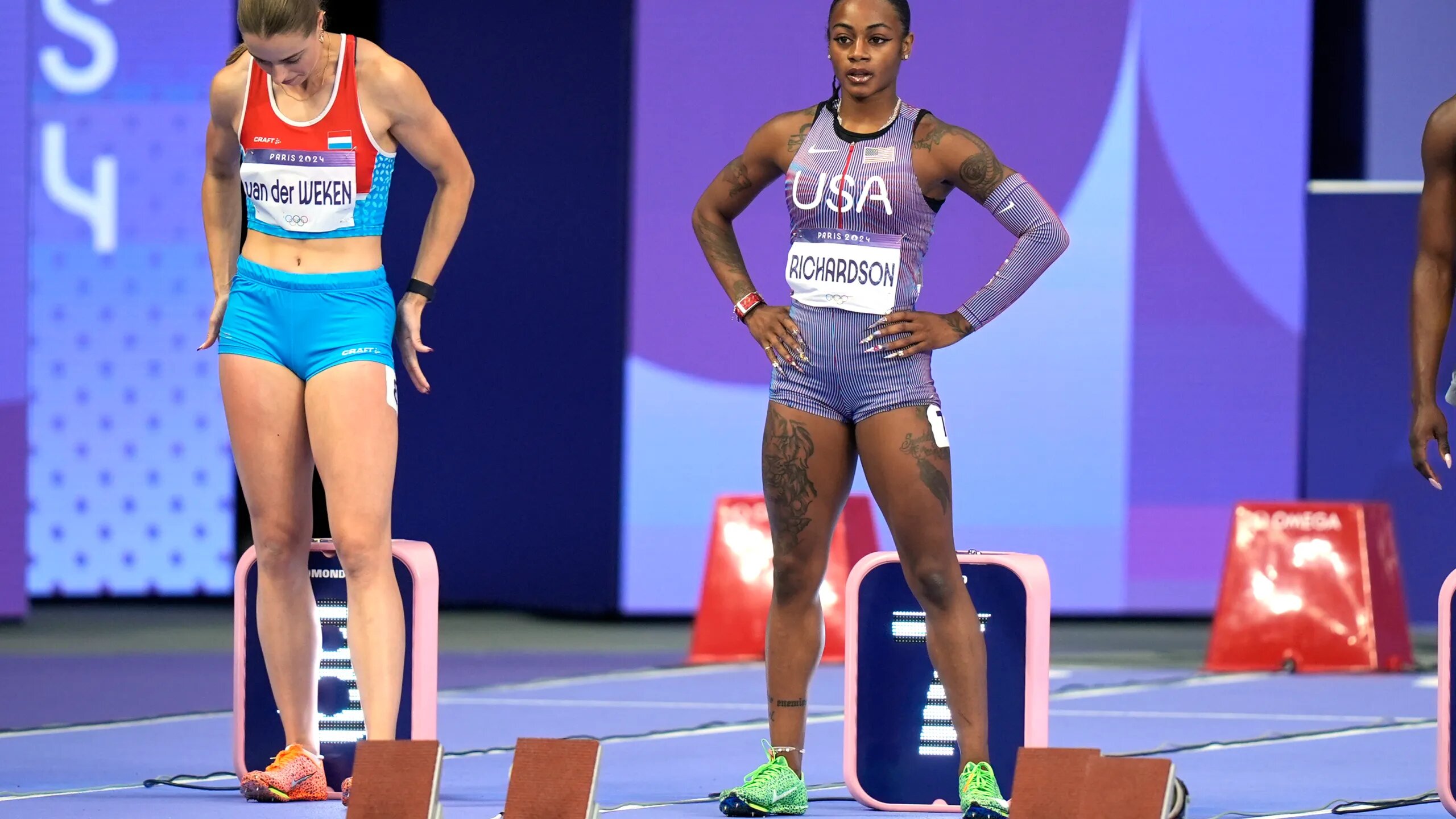 Grand Slam Track: All 30 athletes currently signed as Sha’Carri Richardson and Noah Lyles remain missing
Grand Slam Track: All 30 athletes currently signed as Sha’Carri Richardson and Noah Lyles remain missing
Discover the official list of 30 athletes who have been registered with the Grand Slam Track League once more participants have been confirmed.
With the formal signing of 30 of their planned 48 GST Racers and the absence of US sprint champions Sha’Carri Richardson and Noah Lyles from the roster, the Grand Slam Track (GST) is looking good for a successful league in the 2025 season.
Starting in April 2025, the Grand Slam Track, led by four-time Olympic gold medalist and eight-time world champion Michael Johnson, would feature four competitions, or “Slams,” with $12.6 million in prize money up for grabs.
It is expected that 96 athletes will be involved with 48 as Grand Slam Track (GST) Racers and 48 as GST Challengers.
Sydney McLaughlin-Levrone, Faith Kipyegon, and Julien Alfred are named the difficult women’s list track athletes of the year.

Sydney McLaughlin-Levrone, the first confirmed signature and the owner of the women’s 400-meter hurdle world record, is at the top of the list of competitors. All GST In addition to receiving a base salary each year for competing in the events, racers will have the opportunity to win extra cash.
Also signed with the league are Paris Olympic champions Quincy Hall (Men’s 400m), Masai Russell (Women’s 100mH), Cole Hocker (Men’s 1500m), as well as Jamaican hurdling queens Ackera Nugent and Rushell Clayton.
Following the confirmation of more athletes, here’s the official list of 30 athletes currently signed with the league.
Leave a Reply